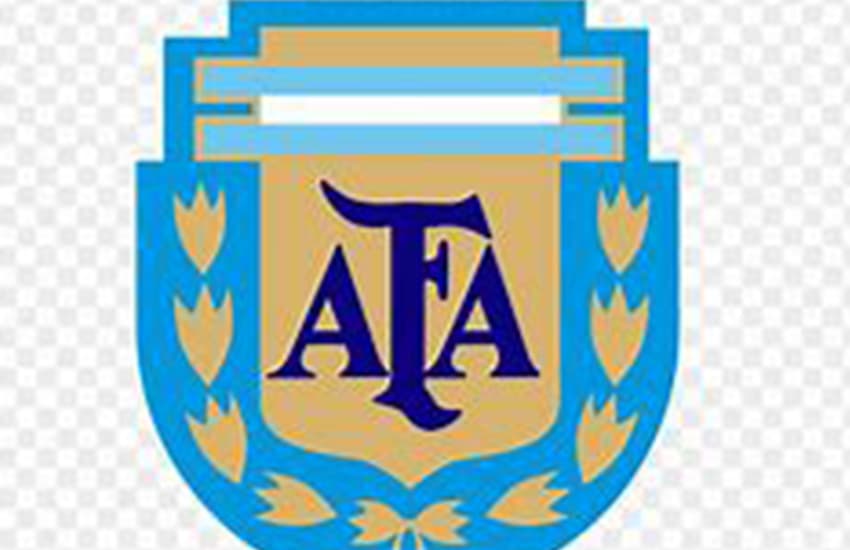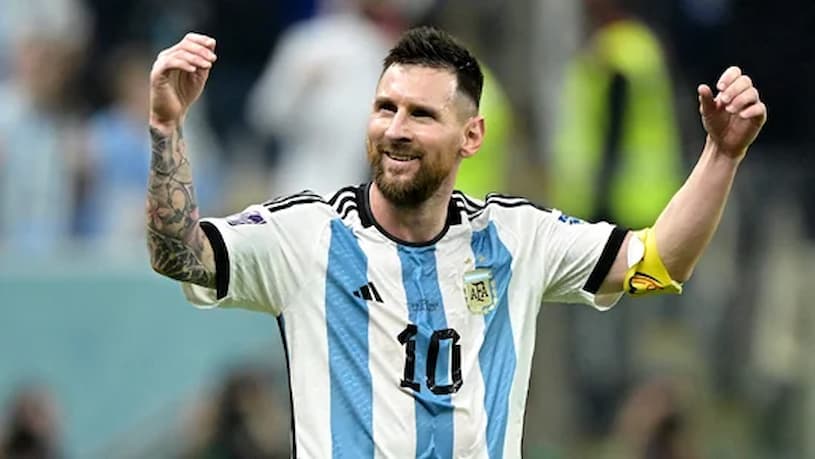This is a record of Argentina’s results at the FIFA World Cup. Argentina won three World Cups: in 1978, 1986 and 2022. Argentina have also been runners up three times: in 1930, 1990 and 2014. In 18 World Cup tournaments, Argentina have 47 victories in 88 matches. The team was present in all but four of the World Cups, being behind only Brazil and Germany in number of appearances.

The inaugural FIFA World Cup tournament culminated with Argentina facing hosts and current Olympic champions Uruguay. The match was turned twice: Argentina went into half-time with a 2–1 lead in spite of an early goal for Uruguay, but the hosts ultimately won 4–2. Guillermo Stábile, one of Argentina’s scorers, became the tournament’s top striker with 8 goals total.
Argentina hosted the 1978 edition of the World Cup and reached the final. The Netherlands had already played the previous final in West Germany 1974 – and also lost to the hosts. Diego Maradona was 17 years old at this point and already a star in his home country, but did not make the squad as coach César Luis Menotti felt he was too inexperienced to handle the pressure of this major tournament.
The playmaker position was instead filled by Mario Kempes, who ended up becoming the first Argentinian to win the Golden Ball in addition to being the tournament’s top scorer with 6 goals. The Dutch side was missing a superstar of their own: Johan Cruyff did not join the 1978 World Cup squads due to the aftermath of a kidnapping attempt which occurred in 1977.
He only disclosed this information 30 years later. The closely contested match was influenced by a hostile atmosphere and ended with the Dutch players refusing to attend the award ceremony after Argentina grabbed the title in extra time.
Eight years after the victory on home soil, Argentina won the World Cup title for the second time. Diego Maradona was voted Best Player of the tournament after scoring five goals and assisting the decisive 3-2 by Jorge Burruchaga in the 84th minute of the final. The match was played in front of a record attendance of 114,600 people.
In 1990, Argentina faced West Germany in a repeat of the 1986 edition. Pedro Monzón became the first player ever to be sent off in a World Cup final, but was later joined by teammate Gustavo Dezotti. The match was decided by a penalty kick in favour of Germany.
In 2014, Argentina reached the final for the fifth time and for a third time had to face the German team, making it the most recurrent meeting for a final. In spite of a number of chances on both sides, regular time finished goalless. In the second half of extra time, substitute striker Mario Götze scored the decisive goal for Germany.
Argentina opened up the scoring when Messi scored a penalty kick, and doubled their lead with a Di Maria goal in the 38th minute. France made two substitutions in the first half, but went into half-time trailing 0–2. Despite not having a shot until after the 70th minute, France were awarded a penalty as Randal Kolo Muani was brought down in the penalty area. Mbappé scored the penalty, and added a second goal less than two minutes later to equalise the scores.
With the scores tied, the match went to extra time. Messi scored again for Argentina in the second extra time half. Mbappé was awarded a second penalty in the 115th minute after his initial shot hit the arm of Gonzalo Montiel. Mbappé scored his third goal, becoming the second player to score a hat-trick in the final of a World Cup.
With the scores tied at 3–3, the match was completed by a penalty shootout. Argentina won the final after scoring all of their penalties, winning 4–2. Argentina’s game versus West Germany in 1958 featured a yellow jersey instead of the traditional light blue and white colors or blue as alternate.
This was because both teams wore white jerseys, creating confusion. As the South American side forgot to bring an alternate one, they decided to borrow jerseys from local team club Malmö. Germany won 3–1.
In the 1978 France – Hungary match something similar occurred. Both teams arrived to the match with white jerseys, so France was forced to borrow jerseys from Mar del Plata’s local club Kimberley. France wore striped green and white keeping the traditional blue shorts and red socks. France won 3–1.

